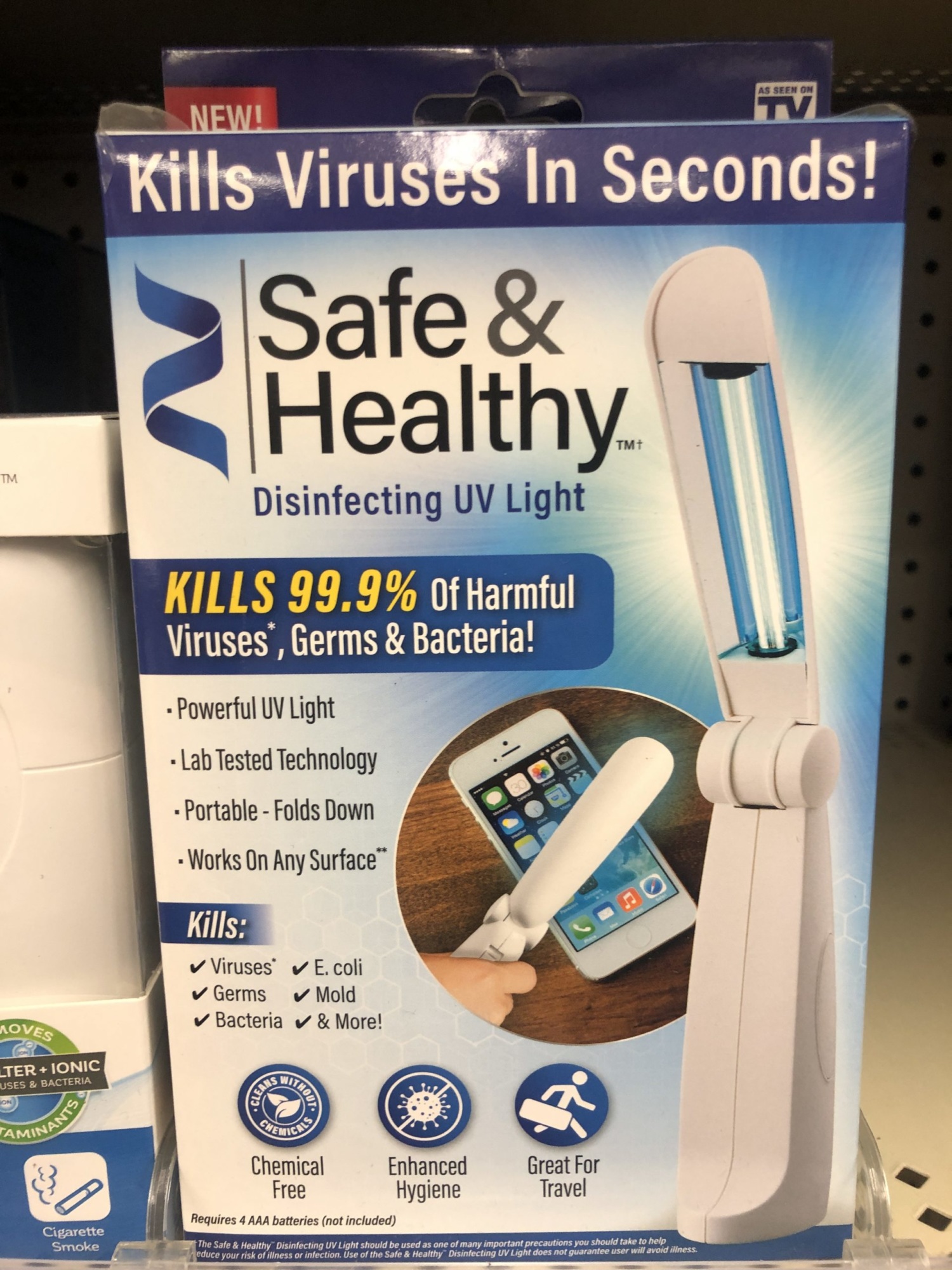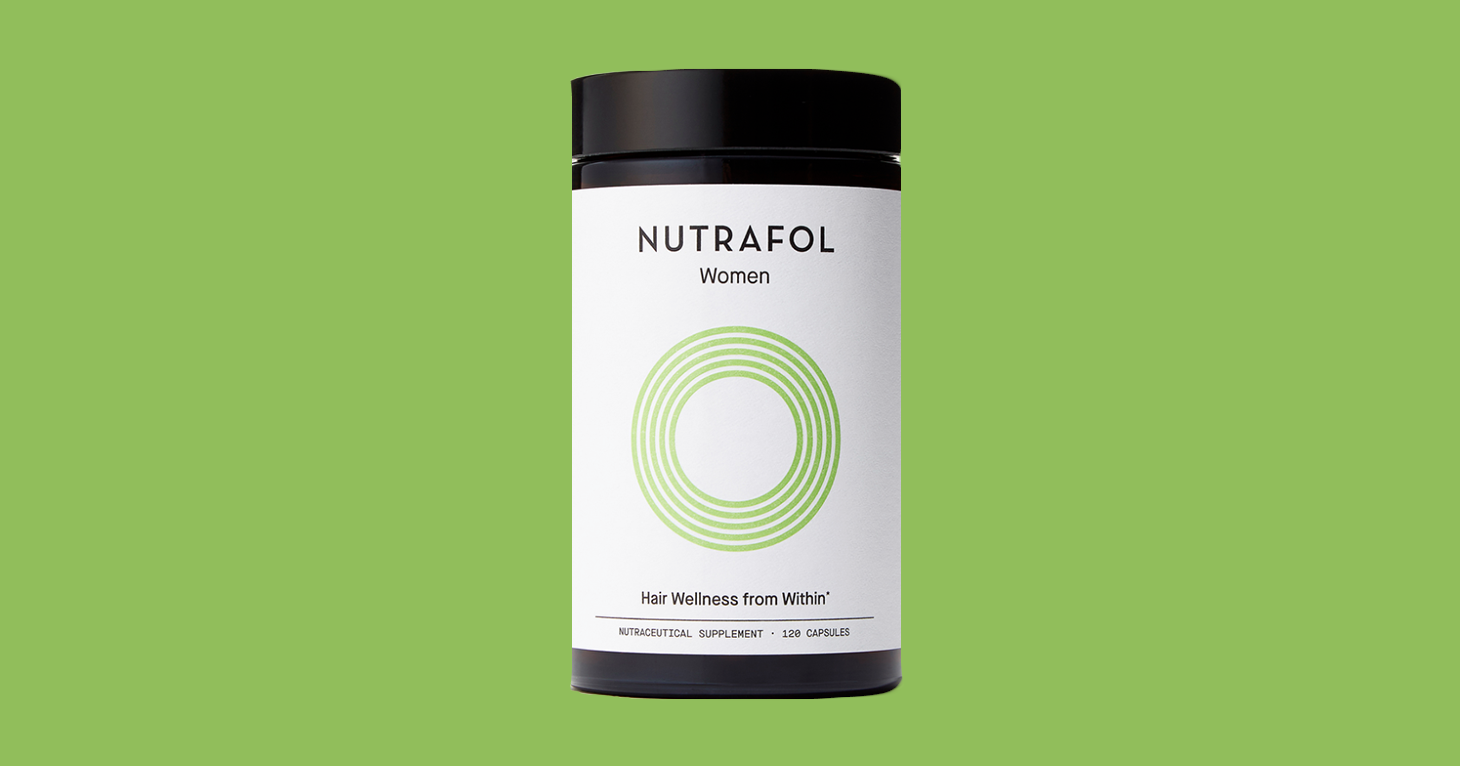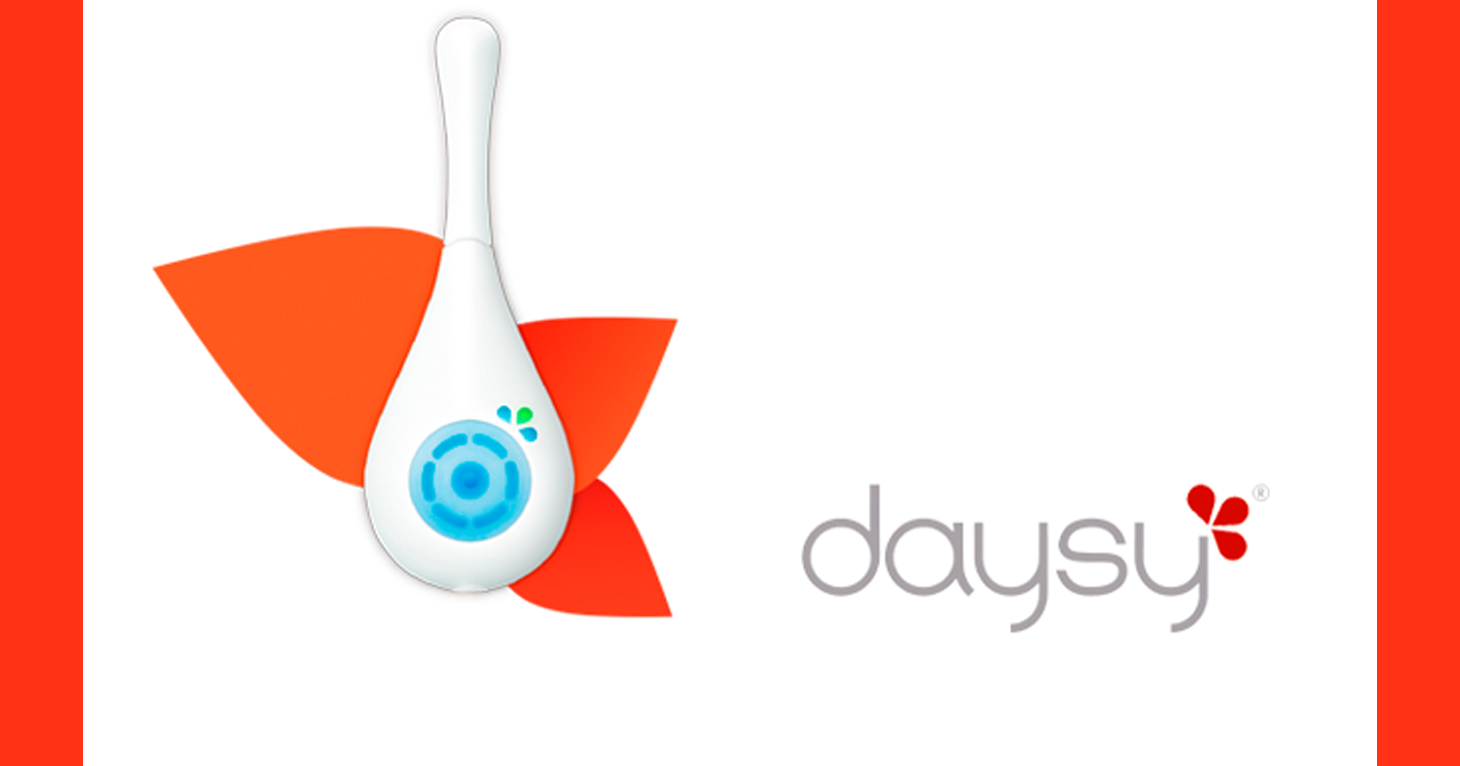
Safe & Healthy Disinfecting UV Light
When it comes to UV devices and COVID-19, there is no magic wand.
UPDATE 5/8/23: A class-action lawsuit that cites TINA.org’s findings has been filed against Nutrafol alleging the company falsely advertises its products as “clinically proven” to improve hair growth and prevent shedding, and makes unapproved health claims without properly disclosing that the products have not been evaluated by the FDA as required by federal law. Our original ad alert follows.
Nutraceutical Wellness claims its Nutrafol supplements are “clinically proven to improve hair growth.”
Its product packaging – seen below on the shelves of Gwyneth Paltrow’s New York City Goop Lab’s store last week — further drives home this message, with claims that the products are made with “medical-grade ingredients clinically shown to increase hair growth and improve hair quality”:
The company’s support for these claims that no doubt sound like music to the ears of those suffering from hair loss? A single 2018 study that it touts on its website:
But the study has so many issues that using it as support for the company’s hair growth claims is, well, a hairy venture. Among the issues are that the study:
In addition, according to the company’s study, androgenetic alopecia is the most common cause of hair loss, a medical disease for which the FDA has approved two treatment drugs. So claims that Nutrafol can increase hair growth are disease-treatment claims that are being made without the required FDA approval, regardless of the existence of any (flawed) study.
Of note, Nutrafol’s supplements for women are also sold and deceptively advertised on the Goop website, an issue TINA.org recently included in its January 2020 complaint to California regulators regarding Goop’s marketing and court order violations. To read more about TINA.org’s action, click here.
TINA.org reached out to Nutraceutical Wellness for comment. Check back for updates.
Find more of our coverage on hair issues here.
Our Ad Alerts are not just about false and deceptive marketing issues, but may also be about ads that, although not necessarily deceptive, should be viewed with caution. Ad Alerts can also be about single issues and may not include a comprehensive list of all marketing issues relating to the brand discussed.
When it comes to UV devices and COVID-19, there is no magic wand.
FDA warning letter outlines several issues related to supplement’s marketing.
“They’re manipulating people, toying with their understanding of what contraceptive is and isn’t.”


